Bangladesh has recently witnessed a refreshing and promising shift toward environmental consciousness. On August 30, 2024, the State Guest House Jamuna—home to Chief Adviser Dr. Muhammad Yunus’ office—was declared a plastic-free zone. Spearheaded by Syed Rizwana Hasan, the Adviser for Environment, Forest, and Climate Change, this initiative set an inspiring example. Her decision to eliminate plastic bottles in official spaces signaled a growing concern for the environment under the interim government. Such leadership has garnered widespread support from the Bangladeshi public, who had been yearning for bold, green policies, often missing during previous administrations.
And, as a result of such support, Syeda Rizwana Hasan announced on Monday that super shops will be prohibited from using and distributing polythene and polypropylene shopping bags to customers starting from October 1.
This bold step is only the beginning, and we hope it serves as a catalyst for a national movement toward sustainability. The interim government is committed to advancing a green agenda, and the large-scale production of the Sonali Bag—a biodegradable home-grown alternative to plastic bags made from jute—represents a strategic initiative that aligns with their sustainability objectives.
Not only does this innovation reflect Bangladesh’s unique potential, but it could also herald a new era in global environmental responsibility.
The Promise of the Sonali Bag: An Invention Waiting for Investment
Invented by prominent Bangladeshi scientist Dr. Mubarak Ahmed Khan, the Sonali Bag offers a biodegradable substitute to harmful plastic bags. Since 2017, Dr. Khan has successfully developed a polymer made from jute fiber, laying the foundation for this groundbreaking innovation. Despite global attention and praise for the invention, mass production of the Sonali Bag has lagged, with limited investment and lackluster production.
Bangladesh has a golden opportunity here—one that aligns perfectly with the interim government’s goal of transforming the country into a global leader in sustainability. However, despite its clear environmental benefits and the potential for worldwide acceptance, Sonali Bag production remains in its infancy. Currently, only 15,000 bags are produced daily at a single factory in Demra. This pales in comparison to the daily production of 1.5 crore plastic bags by over 1,000 manufacturers across Bangladesh. The country urgently needs large-scale production of the Sonali Bag if it is to meaningfully replace polythene and address its severe environmental impact.
The High Cost of Inaction: Environmental and Economic Ramifications
Plastic pollution is an urgent crisis in Bangladesh. Polythene bags—cheap, convenient, but disastrous for the environment—clog rivers, exacerbate flooding, and pollute the soil. A BBC report underscores the scale of the problem, with 1.5 crore plastic bags produced daily, contributing to the overwhelming waste burden. In contrast, the Sonali Bag, if scaled up, could become a linchpin in mitigating this environmental catastrophe.
Yet, a major barrier remains—cost. Currently, Sonali Bags are priced 10 times higher than traditional plastic bags. This price disparity has deterred private investors, leaving the product’s commercial potential largely untapped. However, Dr. Khan remains optimistic that the cost will drop with economies of scale. Until the Sonali Bag is produced in mass quantities, it is impossible to fully gauge its ability to compete with plastic. The interim government must fast-track this project to unlock its commercial viability.
To do so, a robust investment strategy is essential. The previous government had allocated Tk 100 crore to the Bangladesh Jute Mills Corporation (BJMC) five months ago for the commercial production of Sonali Bags. However, political unrest in July and August has delayed the disbursement of these funds, stalling progress at a time when bold action is needed.
A Vision for a Sustainable Bangladesh: The Role of the Interim Government
Bangladesh has often been a nation of slow progress, with well-meaning projects hampered by delays and red tape. But under the interim government, there is renewed hope that these patterns can be broken. The Chief of Textile and Jute must prioritize the Sonali Bag project, fast-tracking its commercial production and ensuring that the initial investment is not squandered.
Crucially, the government needs to engage private businesses. The lack of interest from investors must be investigated, and potential partnerships with domestic and foreign stakeholders should be explored. In this effort, the interim government could enlist the support of Dr. Muhammad Yunus, a global figure respected for his visionary work in social business and economic development. With his influence, Bangladesh could attract international investors interested in green technologies, positioning the Sonali Bag as a solution to plastic pollution on a global scale.
Furthermore, licensing production to private companies could drastically expand capacity and reduce costs. Once domestic production is sufficient to meet demand, the government can enforce a comprehensive ban on plastic bags, solidifying its commitment to environmental sustainability.
A Path to Global Leadership: Export Potential and Environmental Responsibility
The Sonali Bag presents not only a solution to Bangladesh’s environmental challenges but also an opportunity for global leadership. With nations around the world seeking alternatives to plastic, Bangladesh could emerge as a pioneer in green technologies. Exporting Sonali Bags would not only generate valuable foreign currency but also elevate the nation’s international standing as a leader in environmental responsibility.
However, this potential can only be realized with immediate, decisive action. Bangladesh cannot afford to wait. The interim government has an opportunity to set the stage for a sustainable, prosperous future, and the mass production of Sonali Bags could be the cornerstone of that vision.
Bangladesh 2.0: Leading the Green Revolution
As Bangladesh moves toward a new chapter in its development, the interim government’s commitment to environmental sustainability is crucial. By prioritizing the mass production of the Sonali Bag, the government would not only address a pressing environmental crisis but also create new economic opportunities for the country.
A greener Bangladesh is within reach, but it requires vision, investment, and bold leadership. The Sonali Bag could become the symbol of a new, environmentally conscious Bangladesh—one that is ready to lead the fight against plastic pollution and showcase its commitment to sustainability on the global stage.
The question is not whether Bangladesh can afford to invest in the Sonali Bag—the real question is, can it afford not to?
For more updates, be with Markedium.


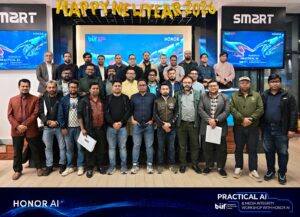


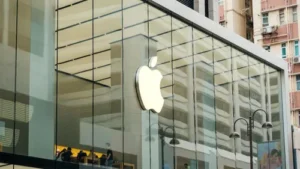

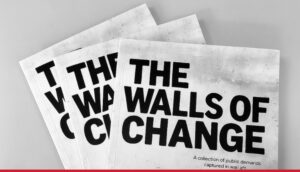


















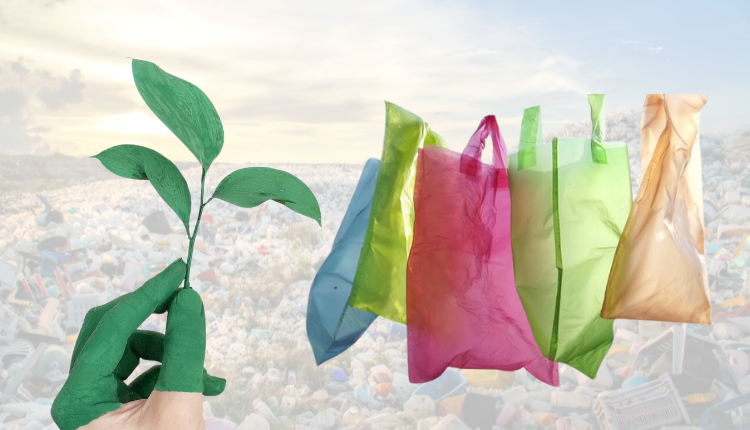


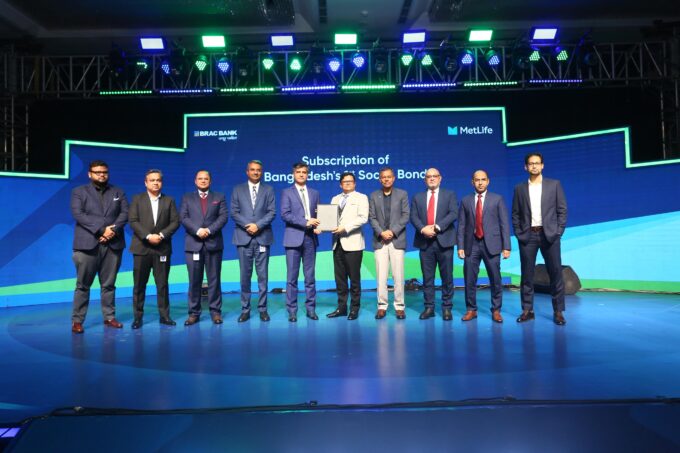



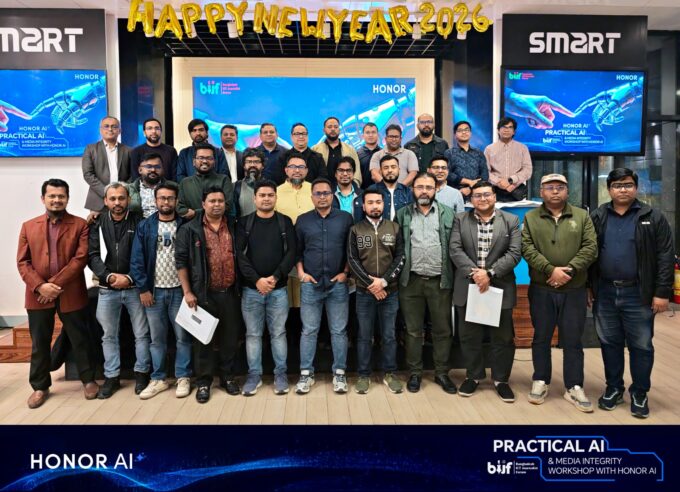

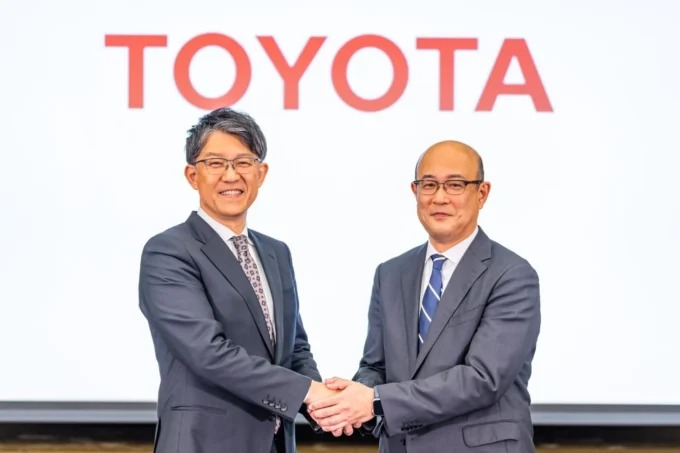

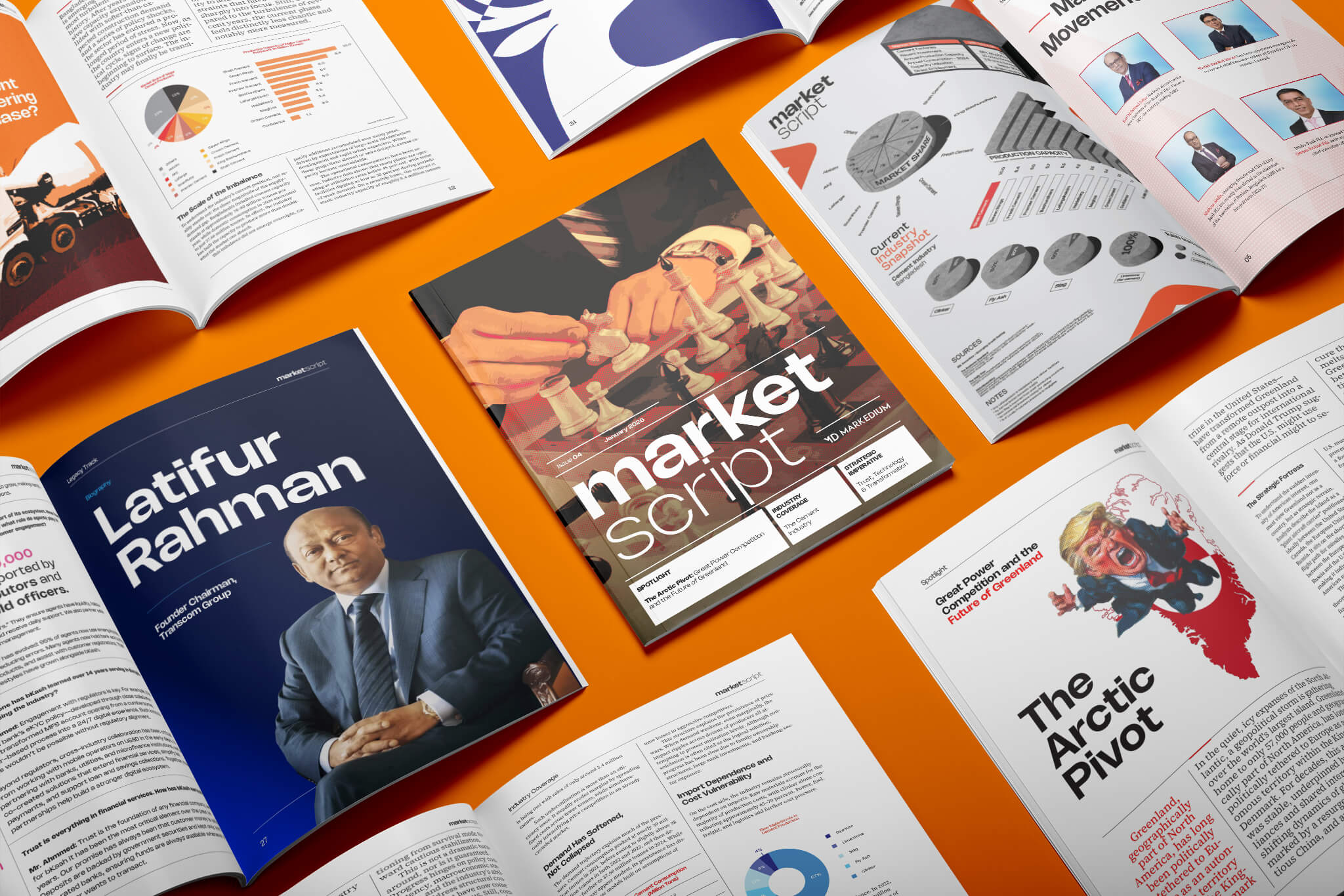



Leave a comment